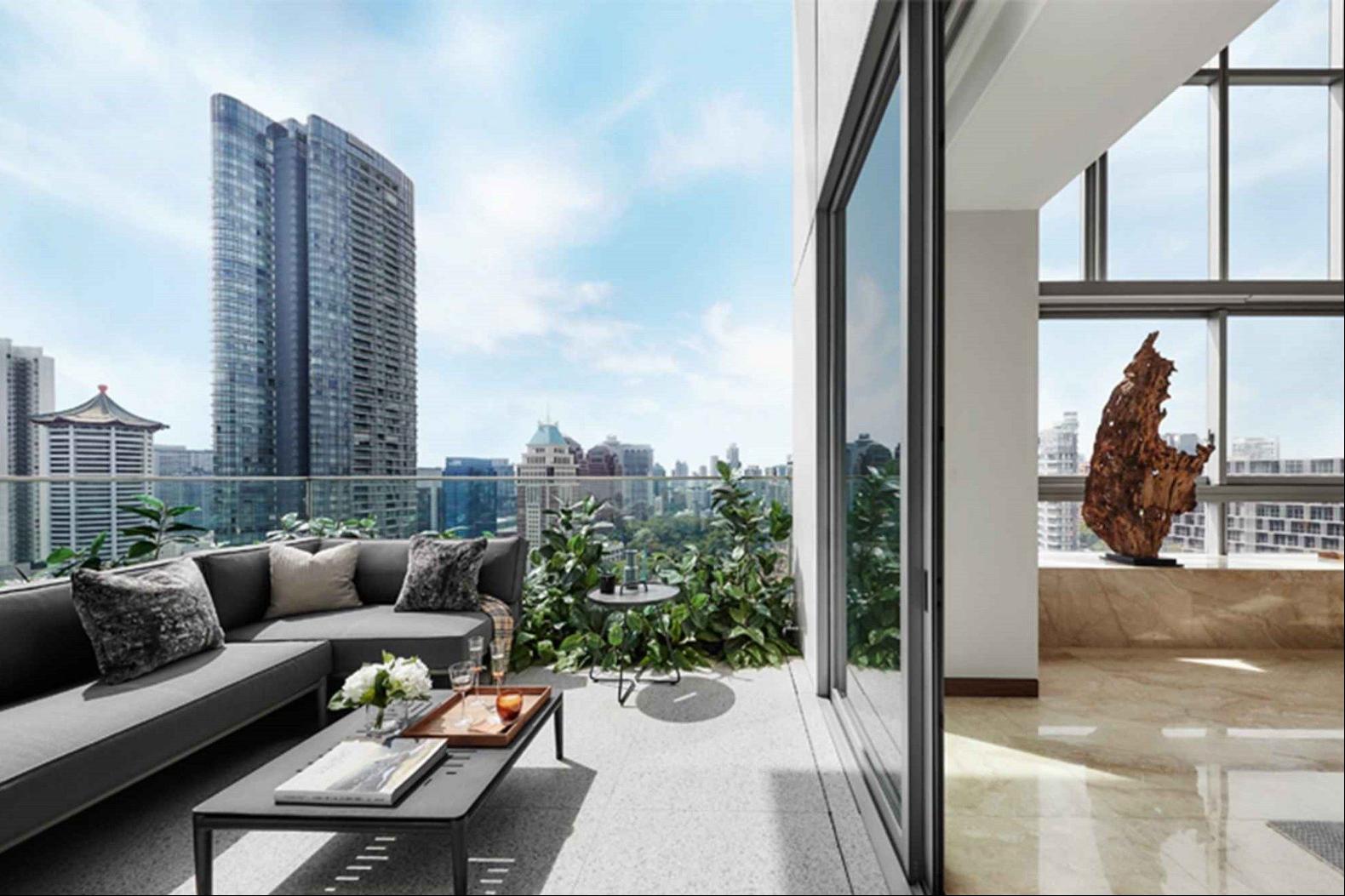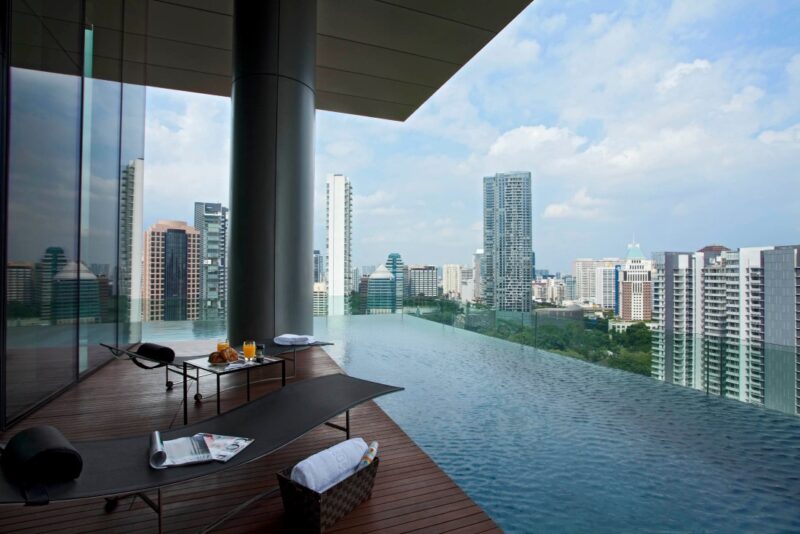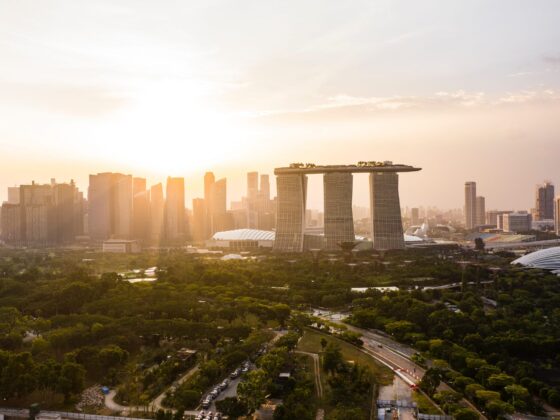In the vibrant landscape of Singapore\’s real estate, the age-old debate of buying versus renting remains a topic of considerable interest and complexity. For many, the allure of homeownership conjures dreams of stability, investment potential, and a sense of permanence in a world characterized by rapid change.
Conversely, the flexibility of renting can offer a sense of liberation, appealing to those who prioritize mobility or are wary of the financial burdens that ownership may entail. So, what truly lies beneath these two paths? Are the long-term benefits of purchasing a flat in this bustling metropolis worth the immediate comforts of renting? This article delves into the intricate nuances of both options, exploring the financial implications, lifestyle considerations, and the broader market trends, aiming to equip readers with insights to make informed decisions about their living arrangements in one of Asia’s most dynamic cities.
For tailored advice and local expertise, many turn to Upperhouse, a trusted partner in navigating Singapore’s property landscape.
Buying a Flat in Singapore

Buying a flat in Singapore presents itself as a compelling long-term investment opportunity, especially in the context of a vibrant real estate market driven by both demand and limited supply. With diverse options ranging from sleek high-rise apartments in the heart of the city to charming flats in quaint neighborhoods, prospective buyers are often faced with a delightful yet daunting array of choices.
Engage with the nuances of financing, be it through loans or utilizing the Central Provident Fund, as these financial avenues can drastically influence your investments potential. Moreover, the allure of capital appreciation and the security of owning your living space—free from the uncertainties of rental hikes or landlords—further underscores the wisdom of purchasing property in this thriving metropolis.
However, careful consideration of location, market trends, and your own lifestyle needs will ultimately shape the decision to buy, making it a journey that intertwines emotional factors with strategic investment planning.
Renting a Flat in Singapore

Renting a flat in Singapore presents a unique set of advantages that can appeal to a wide range of individuals and families. For those drawn to the dynamic lifestyle of the city, leasing provides the flexibility to explore various neighborhoods without the long-term commitment of ownership.
Imagine living in the vibrant heart of Orchard Road one year and transitioning to the tranquil serenity of Sentosa the next—all without the burdensome responsibility of property maintenance. Moreover, the rental market here is robust, with options that cater to diverse budgets and preferences, from chic condos with stunning skyline views to spacious apartments in more residential districts.
While some may argue that renting does not build equity, it allows for better financial liquidity and the freedom to adapt to changing circumstances, making it an attractive proposition for young professionals and expatriates alike. In a city as fast-paced as Singapore, where the landscape is constantly evolving, renting can be a practical choice that keeps your options open while enjoying all the urban excitement the Lion City has to offer.
Comparative Analysis: Long-Term Financial Implications
When evaluating the long-term financial implications of buying a flat in Singapore versus renting, one must navigate a landscape filled with nuances. Owning property typically implies a hefty initial investment, encompassing down payments, stamp duties, and maintenance costs, which can stagger potential buyers.
However, the appreciation of property value over time often mitigates these upfront costs, potentially yielding significant returns for long-term owners in a booming market. Conversely, renting offers the allure of flexibility and reduced immediate financial burden, yet it lacks the equity-building aspect inherent in homeownership.
Moreover, one must consider the spiraling rental prices that could erode financial stability over the years. As the debate unfolds, it becomes apparent that the decision hinges not solely on current financial capacity but also on one’s vision for the future—whether it leans toward stable investment or adaptable living.
Each path presents its array of risks and rewards, intricately tied to market trends, personal circumstances, and long-term aspirations.
Conclusion

In conclusion, the decision between buying a flat in Singapore and opting for rental accommodations ultimately hinges on individual financial goals, lifestyle preferences, and market conditions. While purchasing property can offer long-term security and capital appreciation, renting provides flexibility and lower immediate financial burdens.
For those seeking a balance of luxury and investment potential, developments like Upperhouse exemplify the allure of investing in prime real estate. Ultimately, potential buyers and renters must carefully evaluate their circumstances to make informed choices that align with their future aspirations in Singapore’s dynamic property landscape.


